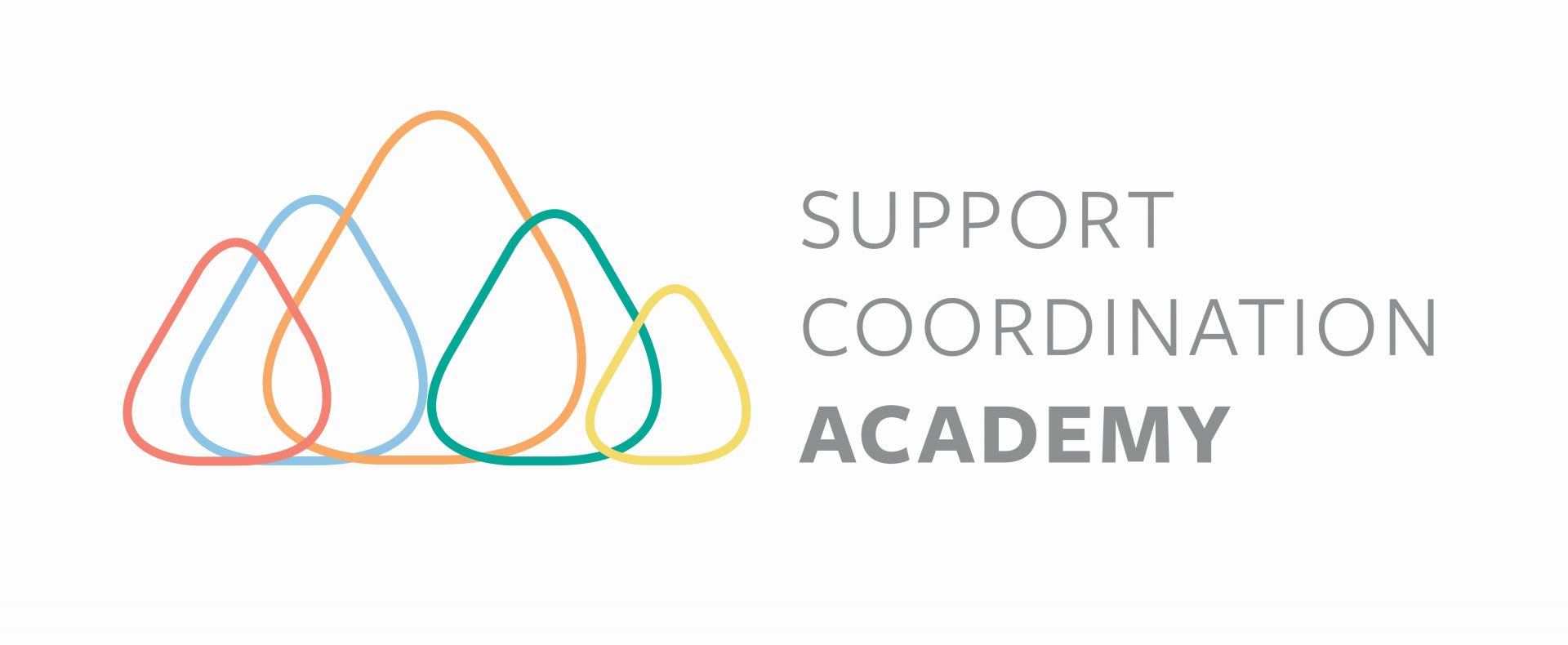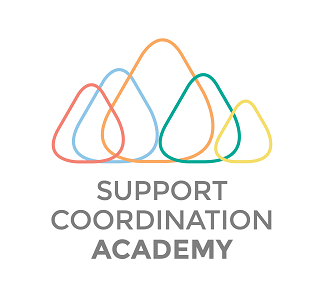Insights into the latest NDIS Review and NDIS Navigators
The NDIS Review Report has recommended a five year period, to allow for robust design and testing of recommended changes, and to ensure “all groups with a stake in the NDIS have a genuine voice in the process”.
So, for now, it’s business as usual, but we understand the
anxiety of what this means for your role and the participants you support, so let’s
recap what we know about the Navigator role so far.
What will be the role of a Navigator?
Navigators will replace the roles of a Support Coordinator,
Specialist Support Coordinator and the part of the role that was intended to be
provided by LAC’s. The Report clearly
highlights the disability sector is going to need more people who are highly
skilled and understand the person-centred focus of Support Coordination, to
fill the demand for the different types of Navigators, as they will be
supporting all people with disability and not just those on the NDIS.
The NDIS Review has recommended funding and implementation
of “an ecosystem of services and service systems that work together to ensure
people with disability can access the right mix of supports at the right time
in a connected and inclusive way”. This
refers to all people with disability, whether they are a participant of the
NDIS or not, to ensure all people with disability are supported to have true
choice and control over their services and supports.
This requires increased investment, redesign, and implementation
of a “community-wide rollout of inclusive and accessible mainstream services
and foundational supports to sit side-by-side with individualised
supports funded by the NDIS”.
Understanding the Impact of the Latest NDIS Review
The NDIS Review Report clearly recognises that all people
with disability will require a level of support to access and navigate this
ecosystem - Navigators will be…
- Based locally and have strong local community connections and knowledge
- An independent service
- Person-centred focused and directed by people with disability
- Available for all people with disability as well as those eligible for the NDIS
- Funded outside a participant’s NDIS Plan
- Registered providers as will be required by all NDIS service providers
The recommendation is for different kinds of Navigators, to
ensure there are options available based on a person’s unique situation and
their assessed need for support. The
different levels will range from self-service for those people who only require
or want a limited amount of support, through to a more intensive and
specialised level of support.

All Navigators will need fundamental skills
and training, including specialist skills, knowledge and/or experience and qualifications for a Specialist
Navigator service.
General Navigators will support all people with
disability to link into and access mainstream and foundational supports
including supporting people with an intellectual disability to connect with
decision-making supports.
In addition, NDIS participants will be supported to develop
an Action Plan to utilise their NDIS funding, and support to link into and
coordinate supports and services. These
Navigators will also schedule regular check-ins to review progress and support
needs and report on evidenced based outcomes achieved (currently provided by LAC's and Support Coordinators).
Specialist Navigators will provide a more intensive
and higher level of support, for participants of the NDIS, who have high and complex
support needs (currently provided by Specialist Support Coordinators). This will include participants who are
connected with multiple mainstream services, where significant risks have been
identified, and/or have complex disability related support needs. Specialist Navigators will require a higher
level of skill, experience, and qualifications to provide this role. It is recommended that a best practice
approach for a case management framework be developed, to ensure a coordinated,
joint planning and funding focus across complex mainstream settings.
Additional Navigator service offerings, within
both the General and Specialist streams, include…
Housing and Living Navigators will support participants with housing and living needs:
- They will require a strong understanding of best practice and innovative approaches to housing and living.
- This is to ensure participants have choice and control over how and where they want to live, and they have a greater opportunity to be part of the community and to live their best lives.
- This includes ensuring providers of housing (SDA or Group Homes) are not the same provider of daily living support to ensure all participants have choice and control over how their supports are provided.
Psychosocial Recovery Navigators (PRN) will support people with psychosocial disabilities, including those with high and complex support needs:
- They will require expertise in mental health to build capacity of young people and adults.
- It is recommended that new standards for best practice for providers around the skills, experience and expertise required to support people with severe and complex mental health conditions are developed.
Lead Practitioners (key workers) will support children and families:
- They will provide a similar role to a Navigator however will have a family empowerment focus to build a supportive team around the child and family.
- This includes navigating education and other mainstream systems to ensure there is a collaborative and joint planning approach to support the family.
As you can see, this is great news for Support Coordinators, Specialist Support Coordinators and Psychosocial Recovery Coaches, as the skills and experience you have already gained, will easily transition into the Navigator roles!
While this is great news, we do understand any change will be gradual and more information will come out over time.
To keep up to date with the changes and to support our Support Coordination Community to understand more about the Navigator role, we will be running a webinar on Wednesday 17th January 2024 - select this link to register for the event.


